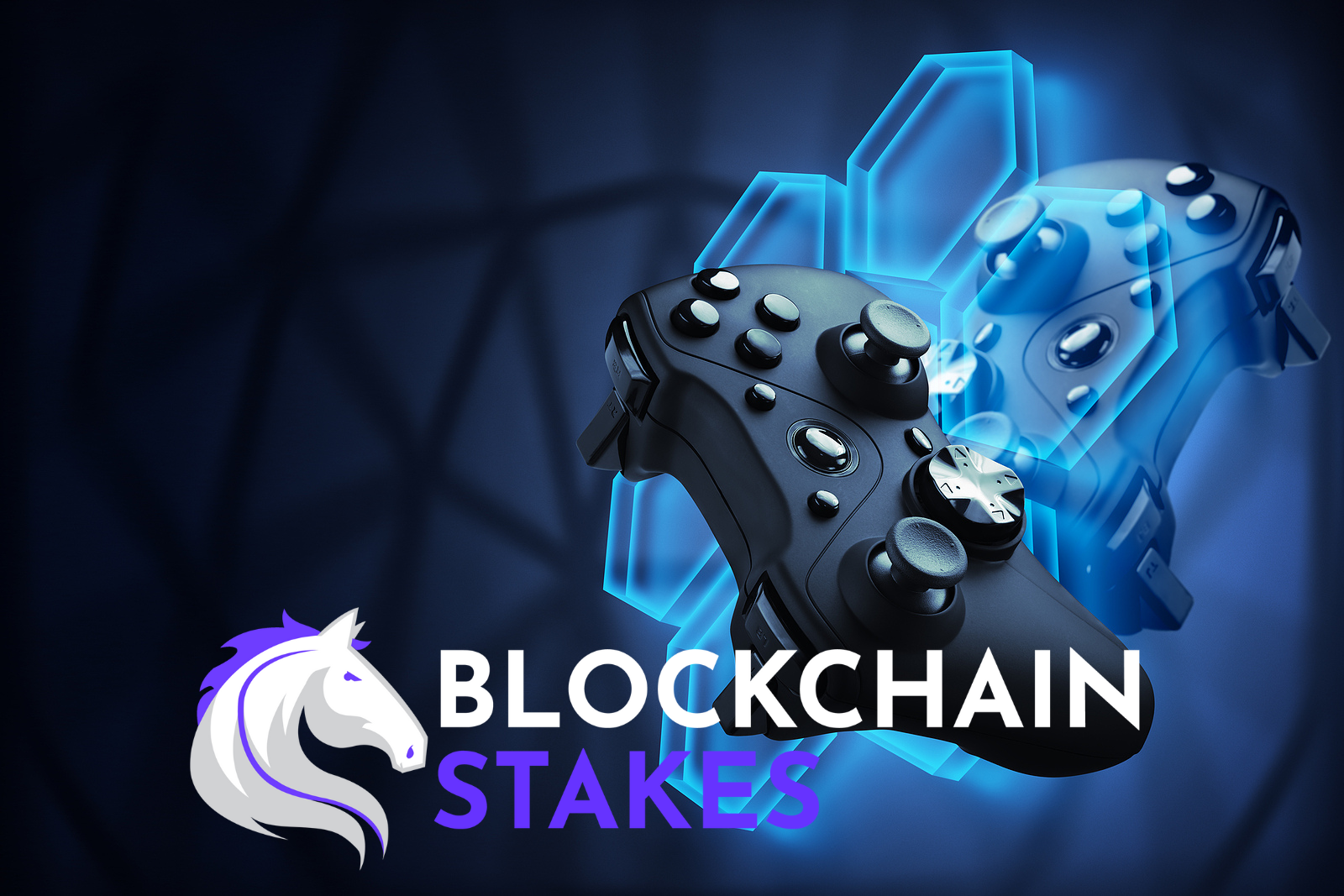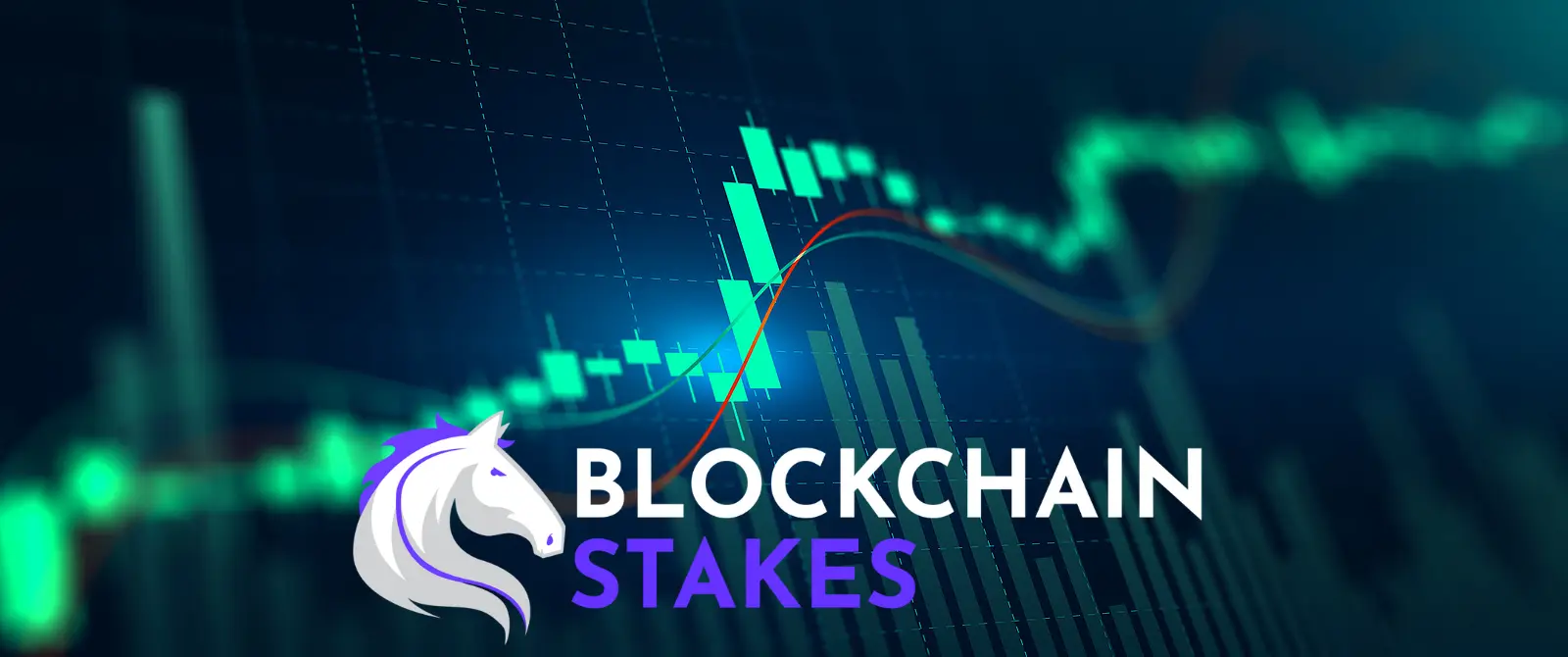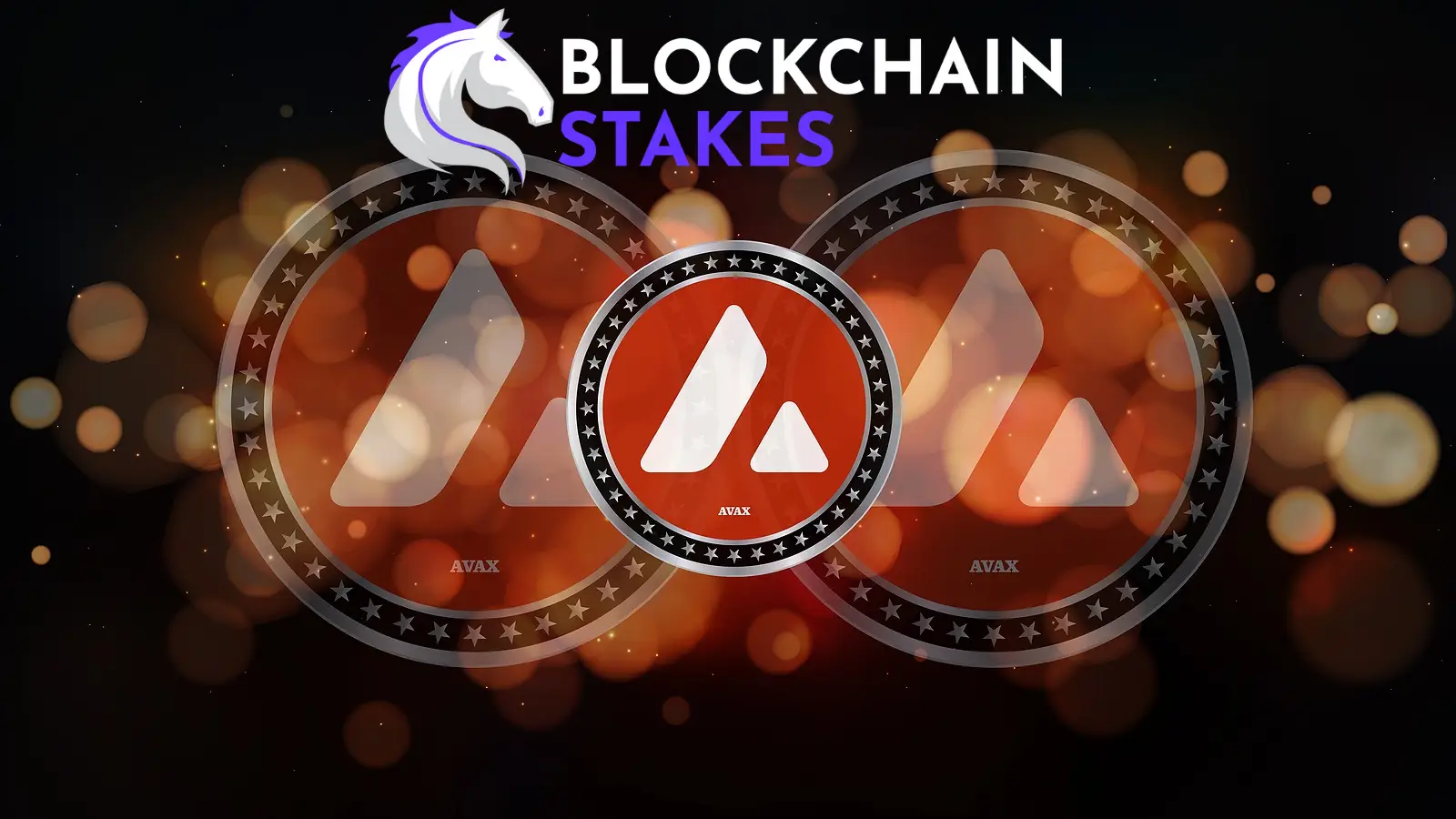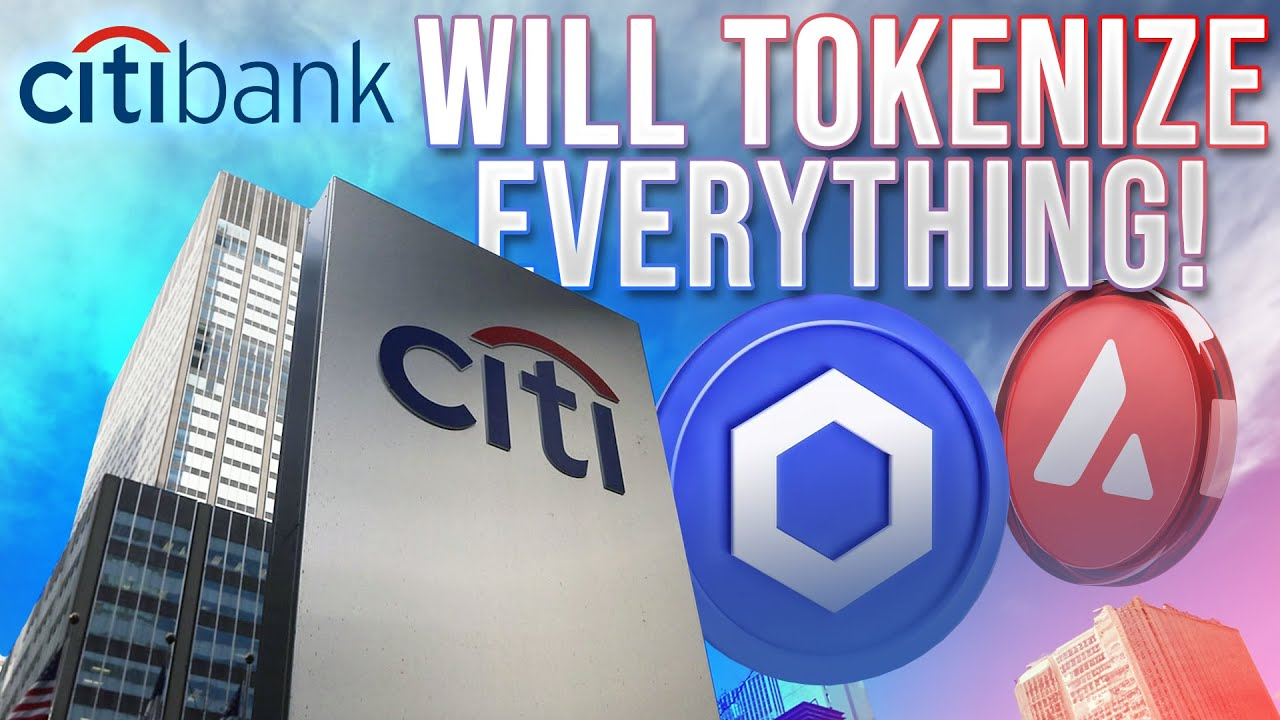Altcoins, short for alternative coins, refer to any cryptocurrency other than Bitcoin. Since the inception of Bitcoin, numerous altcoins have emerged, each offering its own unique features, protocols, and use cases. These digital currencies are built on blockchain technology, much like Bitcoin, but often tout improvements or innovations in areas such as transaction speed, privacy, governance, and scalability. Altcoins represent a diverse landscape of digital assets, providing investors and users with a range of options beyond the pioneering cryptocurrency. Blockchain Stakes serves to explore the intricacies of altcoins and their role in the broader cryptocurrency ecosystem.
Want to keep up with the latest news and trends in cryto?
Subscribe to our weekly newsletter
Frequently Asked Questions
Altcoins can be categorized into different types based on their intended use case and functionality within the cryptocurrency ecosystem:
Payment Tokens: Designed for facilitating transactions and payments.
Stablecoins: Pegged to stable assets like fiat currencies to minimize price volatility.
Utility Tokens: Provide access to a specific product or service within a blockchain platform.
Security Tokens: Represent ownership of an underlying asset or company share.
Governance Tokens: Used for voting on network proposals or decisions within decentralized platforms.
Securing your altcoin holdings requires implementing robust security practices to safeguard your digital assets from unauthorized access or theft:
Utilize Hardware Wallets: Consider using hardware wallets designed to support a wide range of altcoins with enhanced security features like Ledger Nano S/X or Trezor Model T.
Store Seed Phrases Offline: Safeguard your wallet seed phrases offline in a secure location separate from your devices to prevent unauthorized access.
Enable 2-Factor Authentication: Activate 2-factor authentication (2FA) on exchanges or wallets that support altcoin transactions to add an extra layer of security.
Follow Best Security Practices: Regularly update software/firmware versions, avoid sharing sensitive information online, use strong passwords/passphrases, enable biometric authentication where available, and stay vigilant against phishing attempts or malware attacks targeting altcoin holders.




















